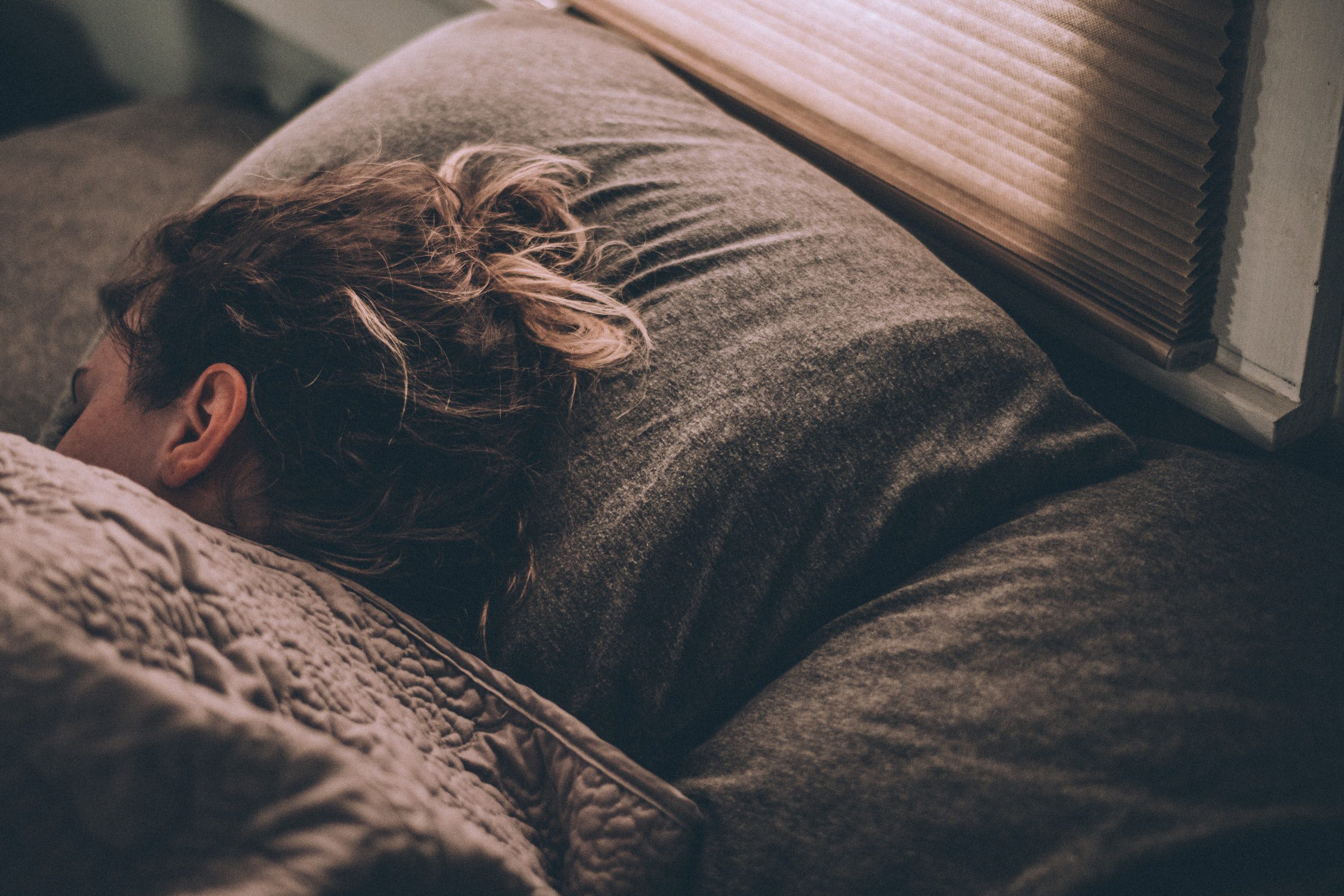Getting a sufficient amount of sleep is necessary for success the following day. Setting a routine that consists of planning for the next day and winding down for the night can prepare you for a solid night of sleep.
The CDC emphasizes the importance of healthy sleep and asserts that 1 in 3 American adults do not get enough sleep on a consistent basis. The recommended amount of sleep for adults between 18 and 60 is at least 7 hours. Lack of sleep is associated with many chronic conditions such as high blood pressure, stroke as well as mental distress.
“As a nation, we are not getting enough sleep,” said Wayne Giles, M.D., director of CDC’s Division of Population Health. “Lifestyle changes such as going to bed at the same time each night; rising at the same time each morning; turning off or removing televisions, computers, mobile devices from the bedroom, can help people get the healthy sleep they need.”
Planning and implementing a good nighttime routine is the perfect lifestyle change to help people feel more rested and well prepared for the days ahead.
Setting a night routine has a variety of benefits that include reducing anxious thoughts about upcoming days that often keep people up at night. When people are kept awake by anxiety on a consistent basis, it can turn into insomnia.

The most important part of setting a nighttime routine is setting a time to go to sleep and a time to wake up. Implementing set times for rest will discipline your brain to naturally feel tired at night and keep you from feeling lethargic throughout the day.
According to Healthline, “Nighttime routines also commonly factor into sleep quality, regardless of anything else happening in the world. Your activities during the evening hours can have a big impact on your ability to fall asleep and stay asleep each night.”
After planning for the day is complete and sleep times are set, it is crucial to think about the activities that are taking place before bed and whether they are conducive to healthy sleep patterns.
Many studies show that using electronic devices before bed is a bad habit that can affect sleep patterns. Electronic devices before bed can delay REM sleep by keeping your mind psychologically engaged.
The Cleveland Clinic sleep disorder specialist Harneet Walia, MD, discussed how devices could sometimes sabotage sleep.
“Checking your phone stimulates the brain, so we are more active and awake,” said Dr. Walia. “Even just a quick check can engage your brain and delay sleep.”
Here are three things you can do before bed to help relax your brain and body:
- Have A Light Snack
The sleep foundation also says that cherries, grapes, strawberries, nuts, and oats have a high melatonin content. Herbal teas such as chamomile and lavender also have calming and sleep-inducing effects.
- Read And Relax
Reading physical books is a great way to engage the mind without blue light electronics. After reading, deep breathing exercises and muscle relaxation activities like yoga help release physical and mental tension.
- Create A Sleep Oasis
People can improve their sleep by investing in where they sleep. Spend time making the room as comfortable, dark, and relaxing as possible. Healthline suggests that playing soothing music before bed can help release hormones that help improve moods. “Feeling emotionally at peace can help your body feel calmer, too.”





